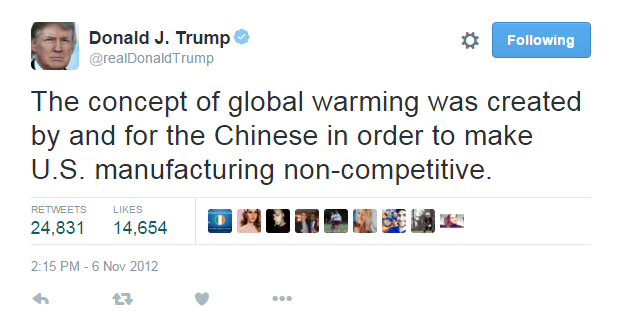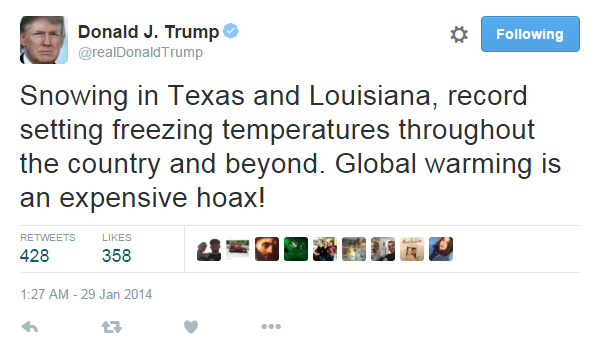The economics of climate change and the ineffectiveness of policies
- Jaume Freire
- 25 jul 2019
- 2 Min. de lectura
Actualizado: 10 ago 2020
As warned by scientists, climate change is a huge problem that threatens mankind's living conditions on Earth and we do not have much time to fix it if . Its complexity, scale and economic interests behind it bring additional difficulties in order to solve it. In this post I want to talk a little bit about climate change, economics and politics.
We can think of climate change and economics in two main different ways: 1) how economic systems transform climate, and 2) how climate change impact the economic systems.
Focusing on the first one, we need to understand we are part of geologic era fostered by ourselves (humans): the anthropocene. Although there is a no clear starting date, ranging from the agricultural revolution (circa 15,000 years ago) to the great acceleration (around 1945), it is characterized by a significant human impact on Earth's geology and ecosystems.
Climate change is framed into this epoch of accelerated economic growth and environmental deterioration. Expansion of big scale market systems (free, planned or mixed), and specially capitalism and its growing globalization after the World War II, the prevailing economic system born during the industrial revolution, has created wealth, but also intra- (poverty, unequalities, socio-cultural problems, etc.) and inter- (environmental loads) generational problems for individuals, regions and globally.
The main problem with climate change is that this great expansion has been based on fossil fuels. First coal, and then oil and gas. As the dimension of the economy has grown, the use of them has also grown globally:
And this has lead to an unprecedented expansion of CO2 emissions:
Scientists have related this increase in global CO2 emissions with global temperatures increase:
So, generally speaking, energy conservation strategies and energy transitions toward renewables become crucial to stop emitting CO2 and try to stop climate change. But so far, despite many agreements, summits, awarness campaigns and other many policies, actions and efforts, global CO2 concentration in the athmosfere follows an almost inmutable growing path:
So what's wrong? are we really fighting this huge problem? do we really understand how energy conservation policies work? One could say this is emerging countries' fault, as they are growing and burning fossil fuels as we (developed countries) did a century ago. However, this argument overlooks that we have "outsourced" our environmental problems to these countries rather to have tackled them. Economic growth comes with higher levels of specialization and trade. Many studies suggest carbon footprint of products we use is higher than local CO2 emissions. This is, we have to consider CO2 emitted in all phases of production plus transport.
Besides, the Jevons' Paradox shows that secondary effects of policies are serious. Efficiency and productivity paradigm that drives economic growth relieve system boundaries to keep growing rather than reduce resources use. They can not only make a policy ineffective but rather make it counterproductive. There is a corpus of literature that show the mechanisms and investigate the potential solutions around it.
However, the main problem may come from political will (and economic interests behind it...). This is not my nephew, he is one of the most powerful men in the world, talking about climate change:
If we believe in science for sending a message instantly to millions (twitter) with our cellphones, we must also believe climate science, taking this seriously and starting to push real and effective actions.
Jaume


















Comentarios